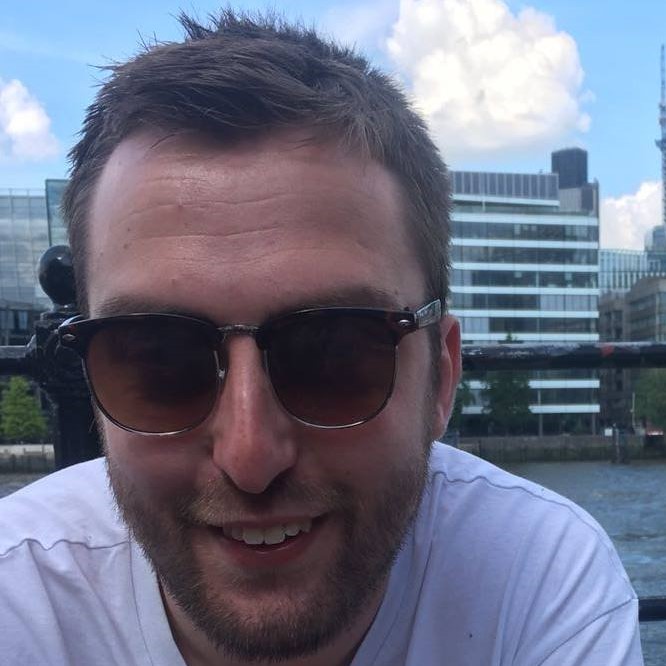Vikings: Valhalla creator breaks down the Netflix series’ biggest spoilers – and teases what’s next
Jeb Stuart talks to GamesRadar+ about Vikings: Valhalla's most dramatic scenes
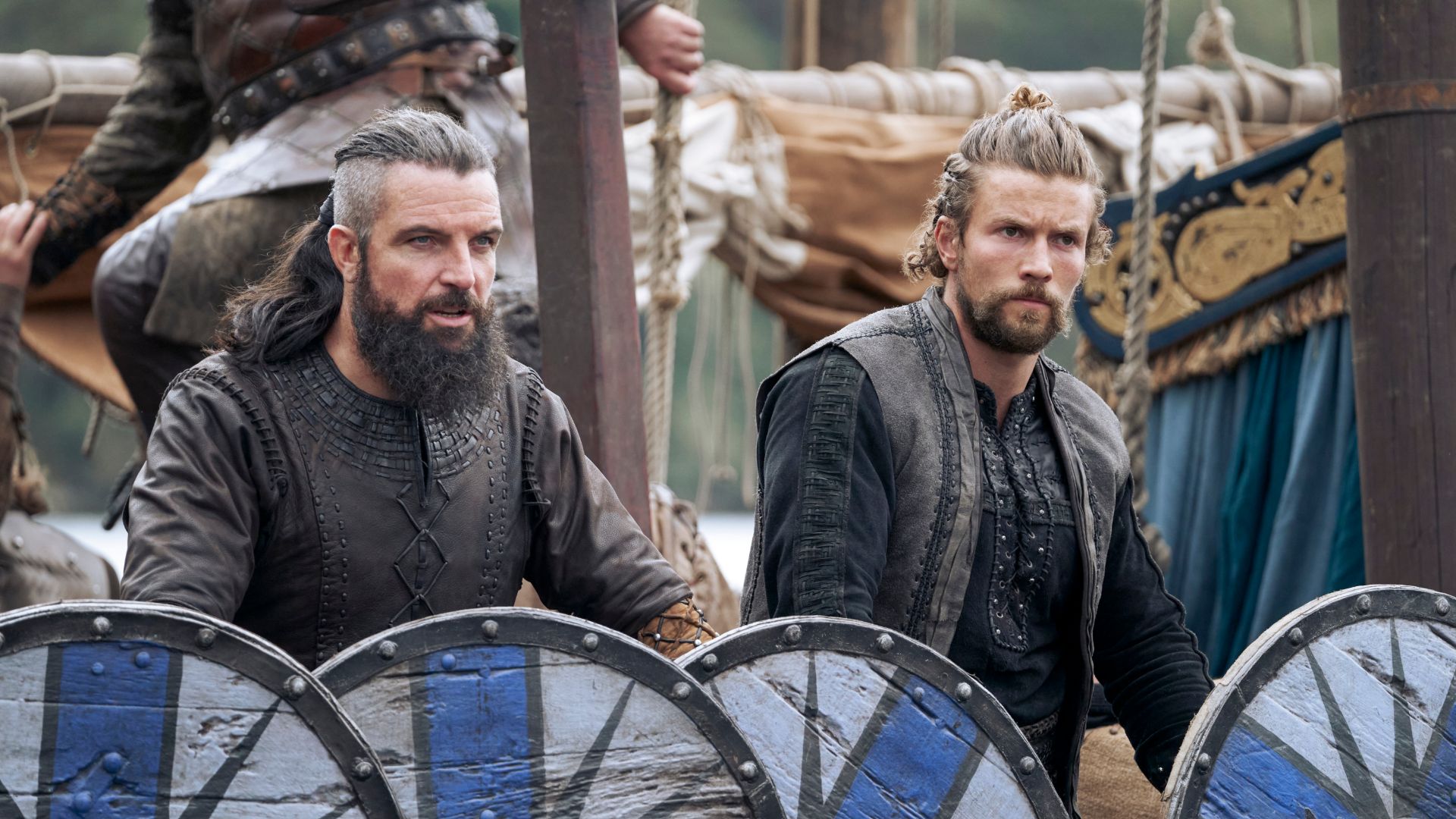
Ships were sunk, kings were slain, and heads rolled. It’s safe to say Vikings: Valhalla didn’t shy away from the more brutal side of history during its first season on Netflix.
Now that the dust has settled, it’s time to look back and assess the considerable damage wrought by the Vikings (and their English counterparts, it has to be said) in the first eight episodes.
We sat down with Vikings: Valhalla creator Jeb Stuart to pick apart the bones of the season, including its biggest talking points, most shocking moments – and where the series goes from here.
MAJOR spoilers for Vikings: Valhalla follow. If you haven’t seen the show, find your nearest longship and sail away from here for the time being.
Leif rediscovers his Viking roots
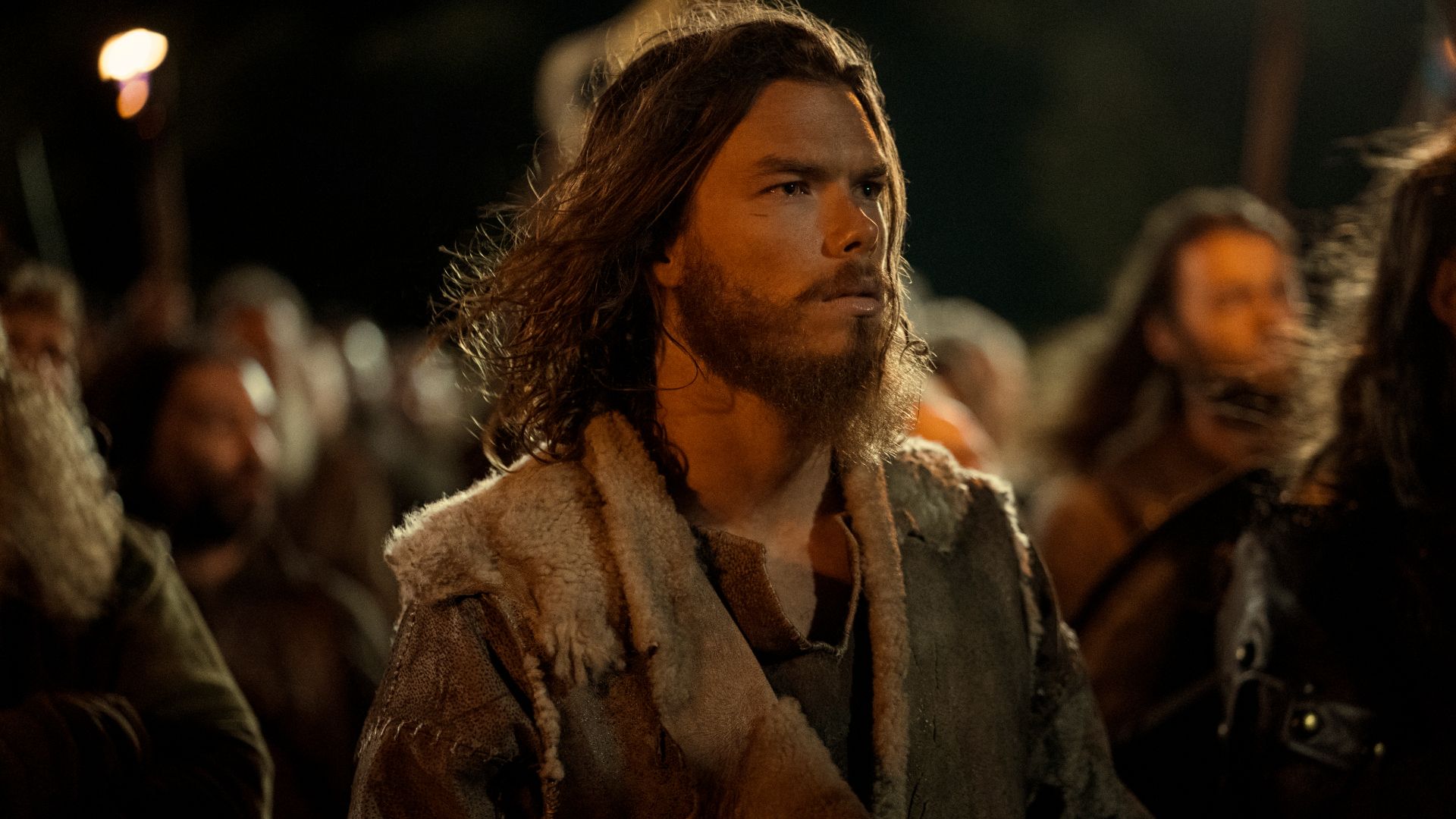
In terms of Vikings, Leif isn’t too hot headed. Sure, he has a nasty streak in him – and can swing an axe with the best of ‘em – but, by and large, his struggles with Christianity fit in snugly with his position as the show’s moral compass. That is, until the final episode.
After his partner Liv died in his arms, Leif transformed into a terrifying barechested berserker, chopping and slicing anyone in his way. For Stuart, this marked a major turning point for the lead – and it’s partly down to the sins of the father.
"We sort of set it up that his father Erik the Red has this very dark aspect to him," Stuart says. "We know that his father killed a man in Norway, was banished to Iceland, and killed a man in Iceland. He had to find or create a settlement in Greenland. We knew he had this very dark tone to him. And I always felt that Leif carried that somewhere buried back there and he kind of put something on it."
Sign up for the Total Film Newsletter
Bringing all the latest movie news, features, and reviews to your inbox
Stuart continues, "We internally called that sort of primal scream that you get at the end of season one ‘Old Testament Leif.’"
"It’s very raw. Forget about this, ‘come to Jesus’ forgiveness guy, that's over. Essentially what I wanted the audience to say is when you get to season two, you're going to see a very different Leif Erikson, somebody who is driven now and is pulling his father out of every pore in his body."
Stuart also teases that "hopefully we’ll get to see his father down the road at some point too." If that’s the case, expect Vikings: Valhalla to be painting the town Red…
King Edmund’s death
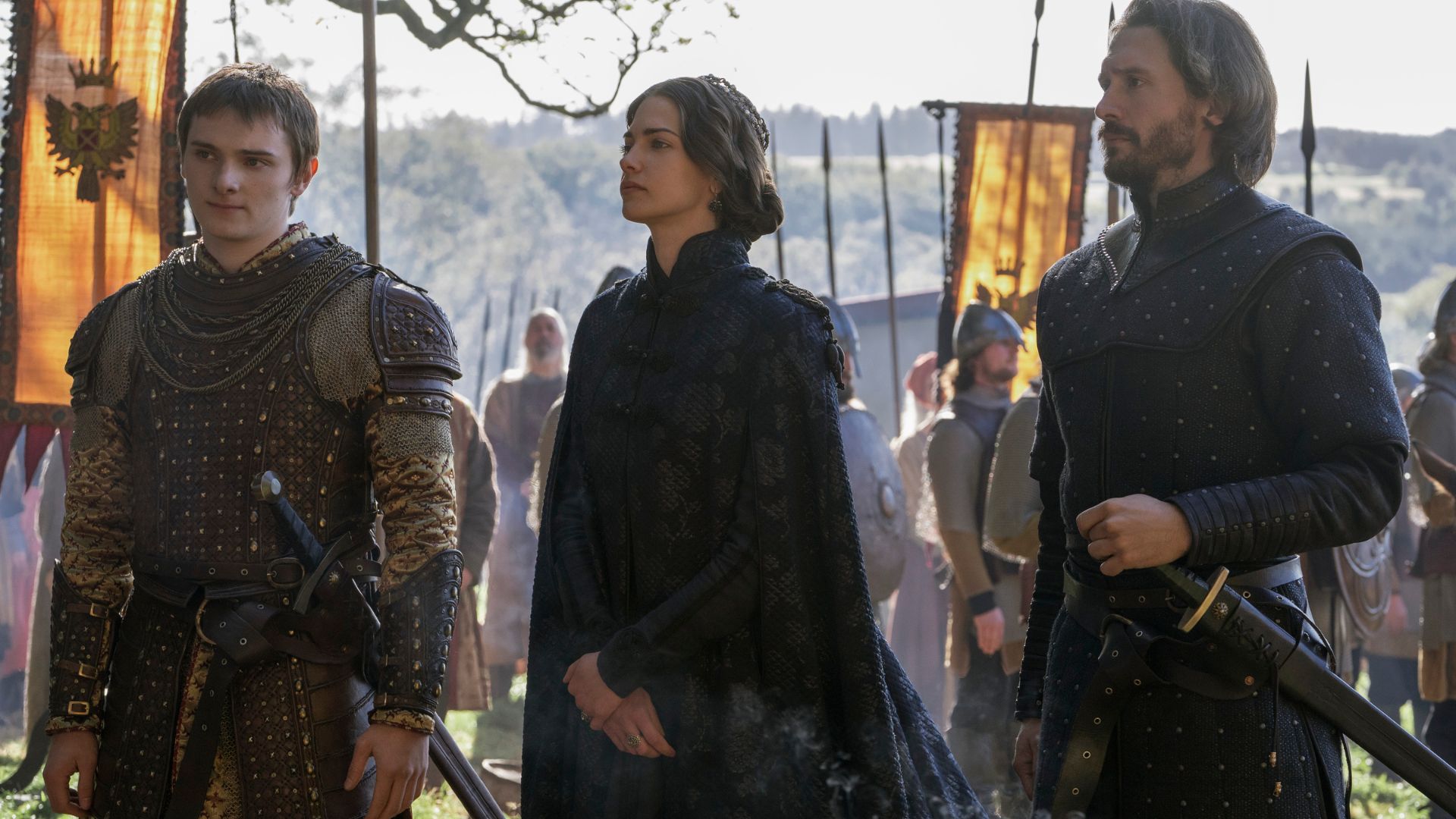
When it comes to King Edmund’s death, the history books are decidedly murky on how he went. So why was Godwin the one to strike the killing blow in a murder designed to look like an accident, just moments after the pair had kickstarted a coup with the Earls against Forkbeard?
“Some people think he died on the toilet, there are all sorts of things. If I can’t prove something, it works better for me to tell it a little bit differently,” Stuart explains. “I needed to really establish Godwin’s character there as much as creating a historical piece on how Edmund died.”
“I felt like one of the things that I wanted to establish with Godwin is he’s a character for the long haul,” Stuart continues. “So I needed a way for Godwin to establish himself in Canute’s court. By [killing Edmund] he integrates himself in that court, especially with Forkbeard, and the rest is history – he goes on from that point… I needed to establish him in a really Machiavellian style.”
Olaf’s triumph – and swift defeat

As successes go, Olaf's short stint as ruler of Kattegat is about as deflating as it gets. Mere minutes after Olaf’s booming proclamation of victory echoed around the main hall, Forkbeard’s fleet docked in the harbor.
"That was a really fun piece to work on to make because I want to ride that high," Stuart says of Olaf’s sudden reverse in fortunes.
Stuart also teases that the fallout – of which we saw precious little – will come next season.
"It could be very bad for him. Season 2 puts a whole different spotlight on Olaf. We’re lucky to have an actor like [Jóhannes Haukur Jóhannesson]. He’s bigger than life," Stuart says.
Freydis as The Last
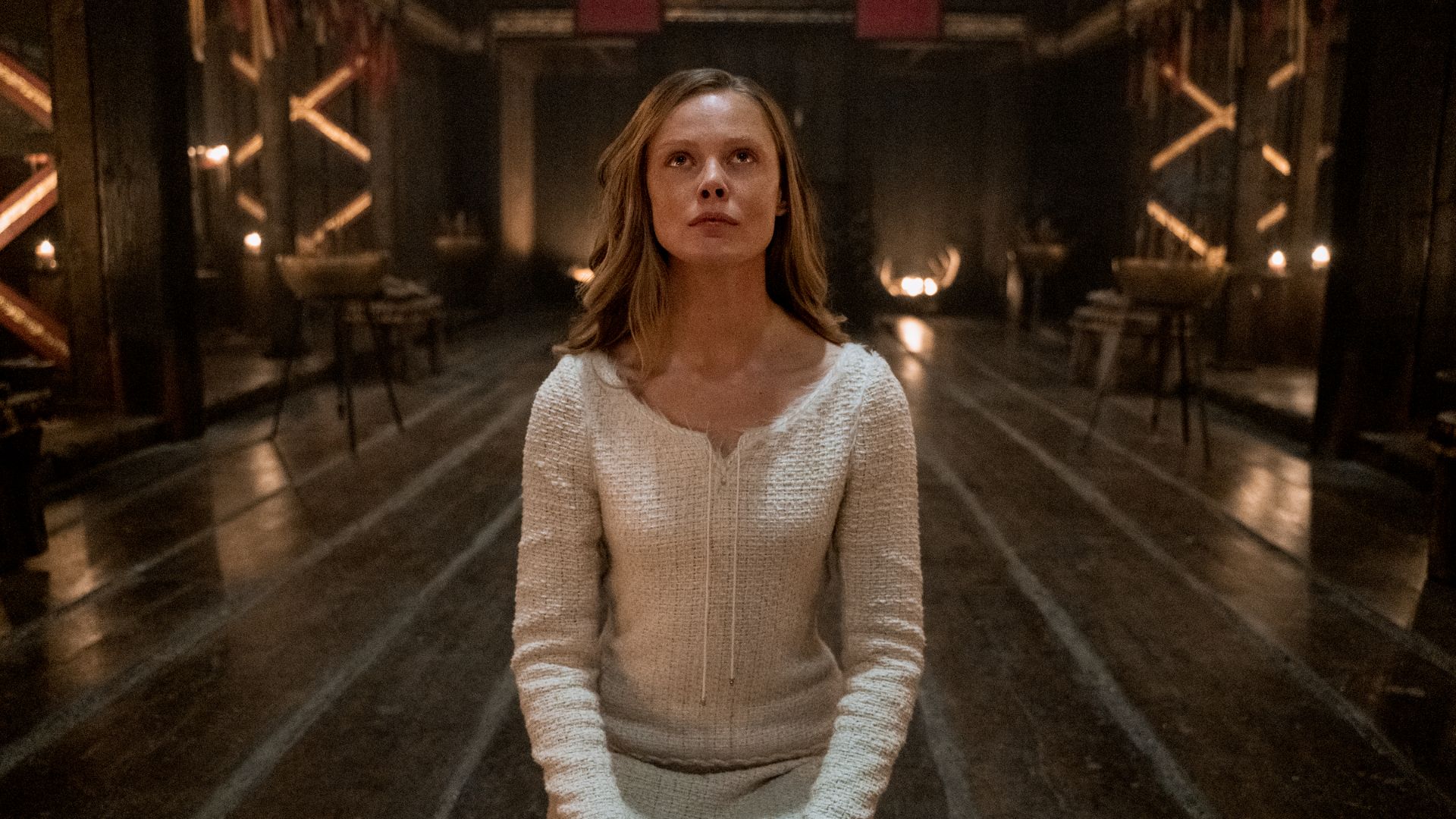
Freydis may be the latest in a long line of badass female warriors, but Erik the Red’s daughter sets herself apart by embracing her destiny.
Freydis visits Uppsala and undergoes a ritual, later being termed ‘The Last.’ For Stuart, Freydis’ newfound position as a potential leader is something that is reflected throughout Viking culture.
"The Vikings were very pragmatic people, they knew that they couldn't control their destiny, whether they were Christian or pagan," Stuart explains. "But what they could control was their ability to meet their destiny and meet it in a way the gods would smile favorably on. And I think that that's something that people grasp onto."
Jarl Kåre: The show’s fictional villain
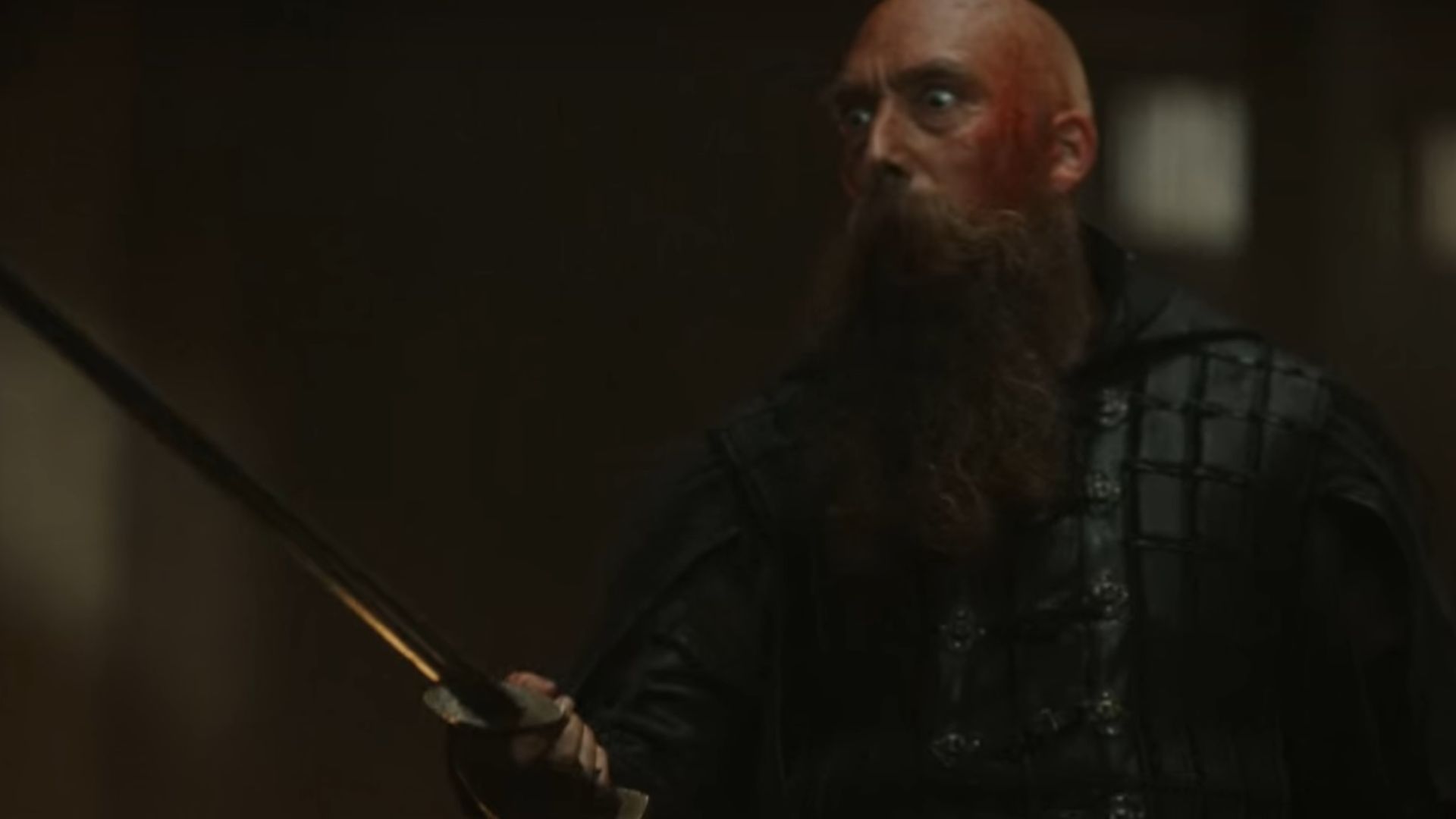
Even in a world filled with burly, bearded Vikings, Jarl Kåre stood tall. The religious zealot spent much of the first season butchering pagans. The villain eventually put Kattegat in his sights, before succumbing to the sharp end of Freydis’ sword.
But, try as you might, you won’t find Kåre in any history book. "He’s an amalgamation of about three or four Viking jarls that I read about," Stuart says. "There's a great book about the Christian conversion of the Vikings in the 10th and 11th century. Quite frankly, some of those things were just horrific."
When asked if there was anybody Stuart would miss from the characters he chose to kill off, the showrunner says, "he is definitely somebody that was like ‘Why did I do that?!’"
The genesis for Kåre’s dangerous beliefs actually stemmed from the initial conversations Stuart had about the show.
"When I was pitching this show, years ago, one of the things that I said was the only thing scarier than a pagan Viking is a Christian Viking," he adds. "Part of that reason is because suddenly you've got these zealous Christians, they believe, with every pore in their body, that they have to get rid of all of those totems and the false gods"
"I think Kare just feels driven by that in every part of his Christianity. It's every part of his belief. It may be scary and it may be disturbing, but it's because it's driven on such a recognizable platform."
What’s next for Vikings: Valhalla?
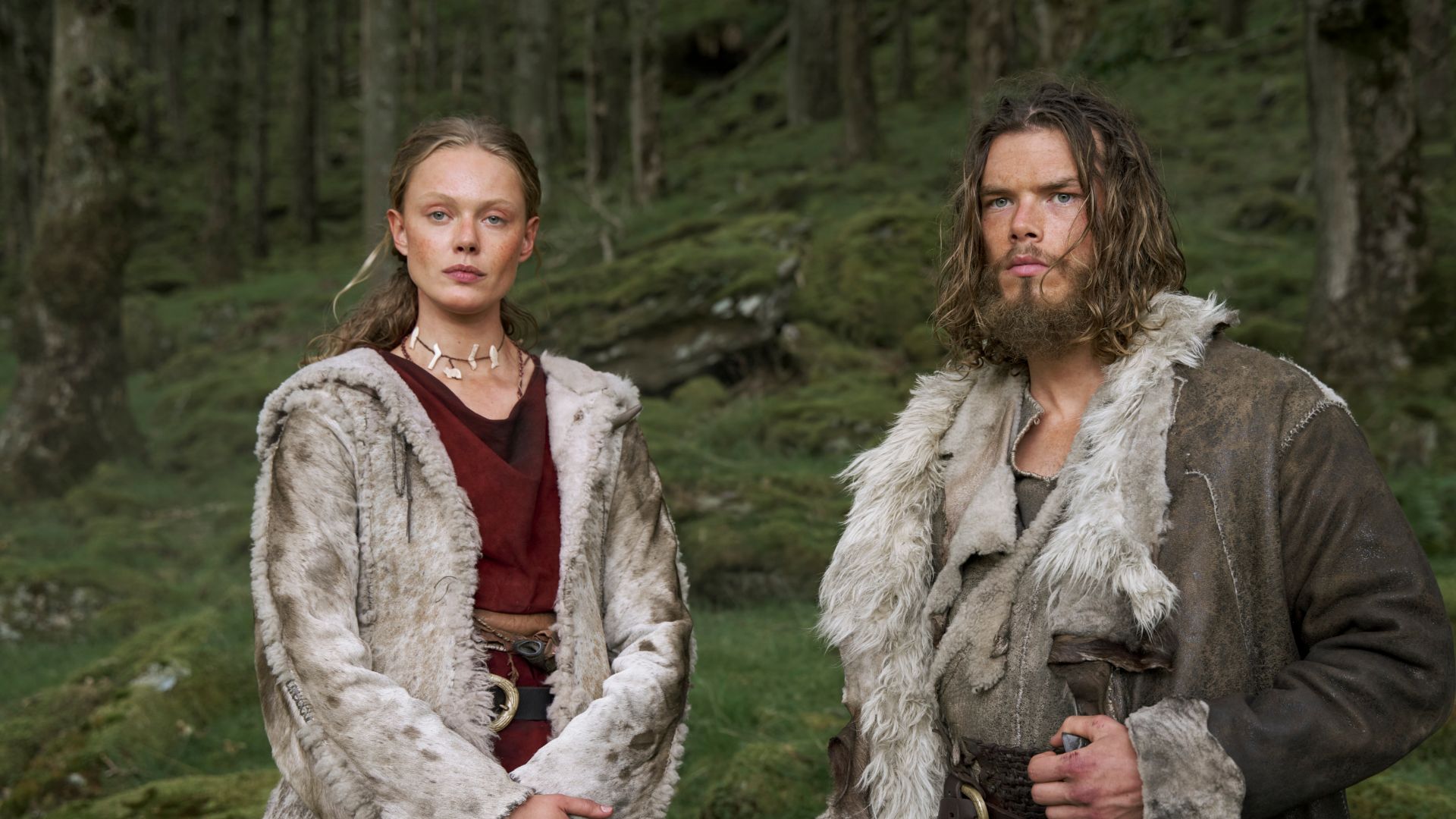
Phew. Vikings: Valhalla has already rattled through history; London Bridge has fallen down and several characters have had their trajectories shifted dramatically. What’s next?
The second season has already been filmed ("We’re in the editing phase now," Stuart reveals) and we can expect the show to equip its characters with the tools required to look a little further afield in their travels.
"What I like about the launchpad for season two is that we're not going to return to Kattegat and everything's going to be great," Stuart says. "The neat thing about this particular time in history, for me, was the Vikings blew out of Scandinavia. It was a period where they were going down routes… and ending up in Constantinople. We also know about my characters that we end up hitting points further West."
"So how did they get there? We know Leif was an explorer, but what did we have in his toolbox that allowed him to get there? It can’t just be courage. If it was just courage, the Vikings would have found the New World way back. Did he have to learn something about navigation that wasn’t apparent to him or anybody else?"
Stuart adds: "These are exciting pieces for me because what I want to do is blow them out and make the characters start to really become more adult. They have to not just assume things, they have to earn things."
The creator also wants to go far beyond his current timeline to signal the end of the Viking age.
"I think there are definitely more stories out there. If I had my druthers, I’d love to get 1066," Stuart says. "If we think about the original Vikings, it starts with the Lindisfarne [attack in 793]. Most historians think that the end of the Vikings era is 1066. I’d love to do that. For me, that’ll take more than three seasons."
Vikings: Valhalla will return on Netflix. For a further look at the series, be sure to read our guide to Vikings: Valhalla season 2.
I'm the Senior Entertainment Writer here at GamesRadar+, focusing on news, features, and interviews with some of the biggest names in film and TV. On-site, you'll find me marveling at Marvel and providing analysis and room temperature takes on the newest films, Star Wars and, of course, anime. Outside of GR, I love getting lost in a good 100-hour JRPG, Warzone, and kicking back on the (virtual) field with Football Manager. My work has also been featured in OPM, FourFourTwo, and Game Revolution.
